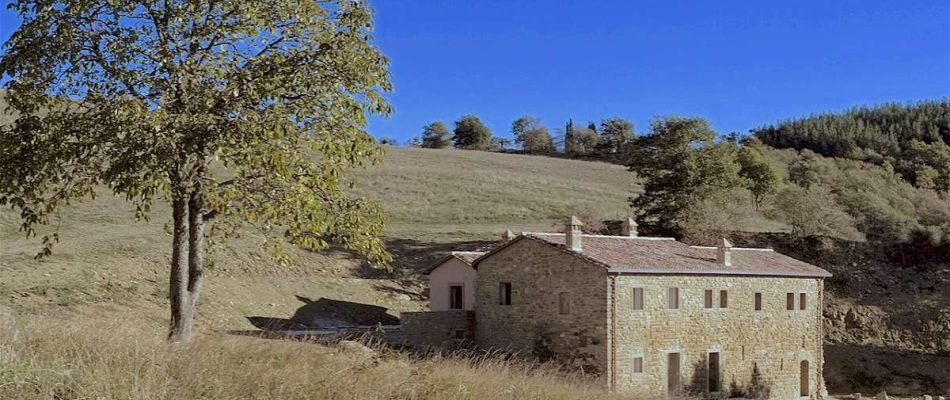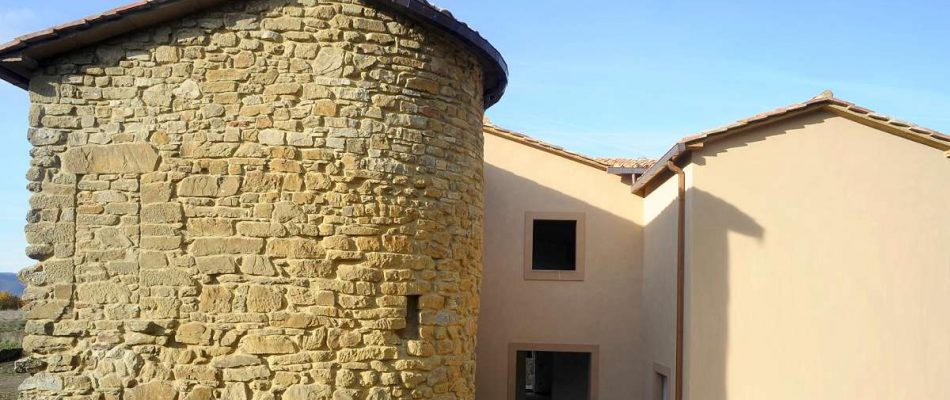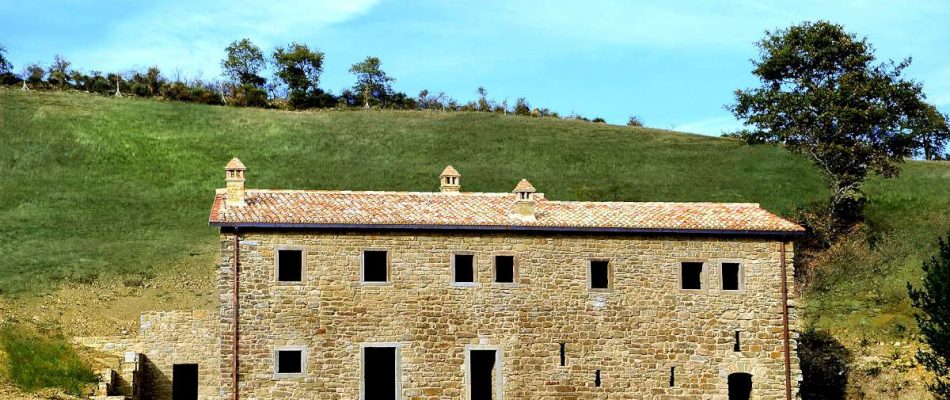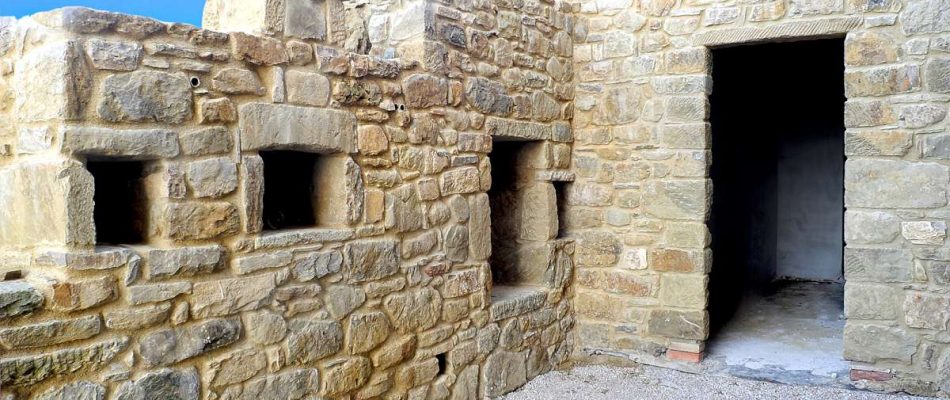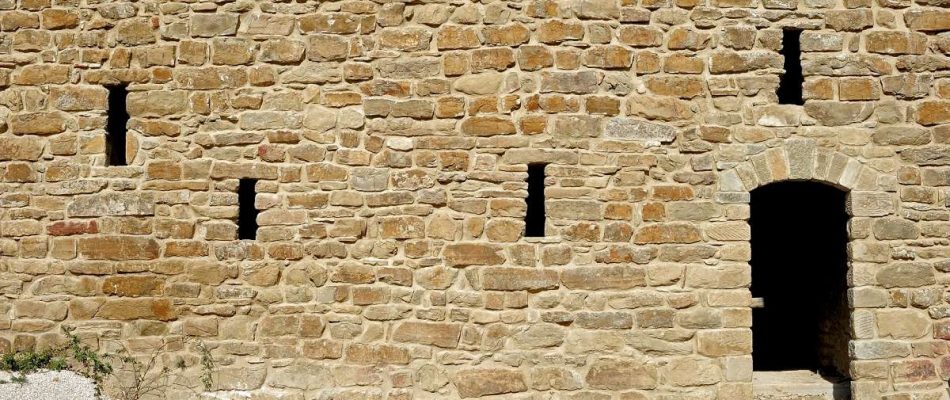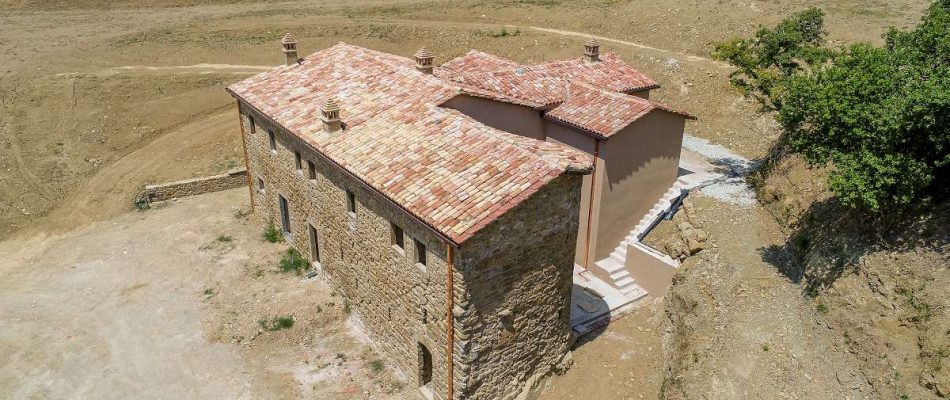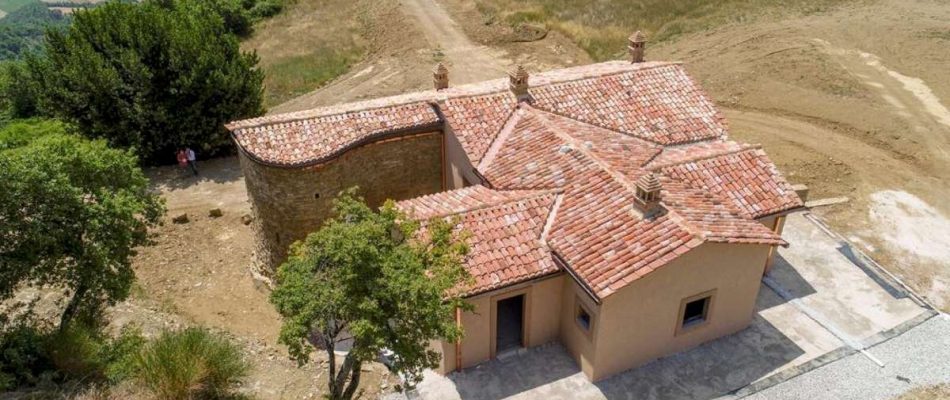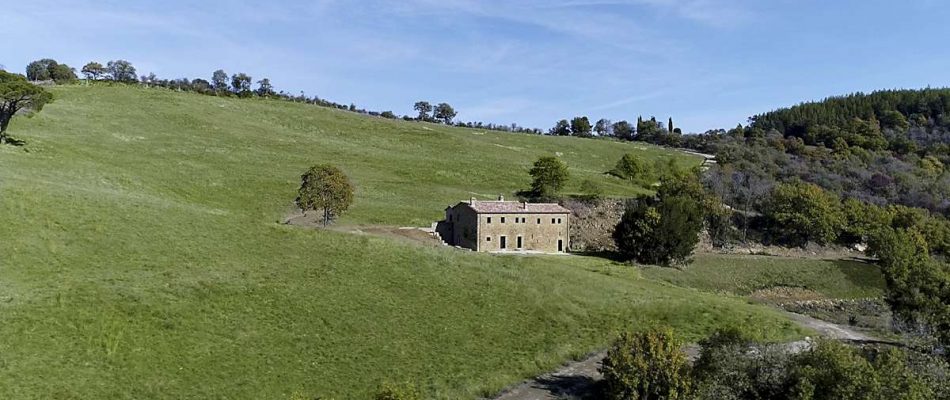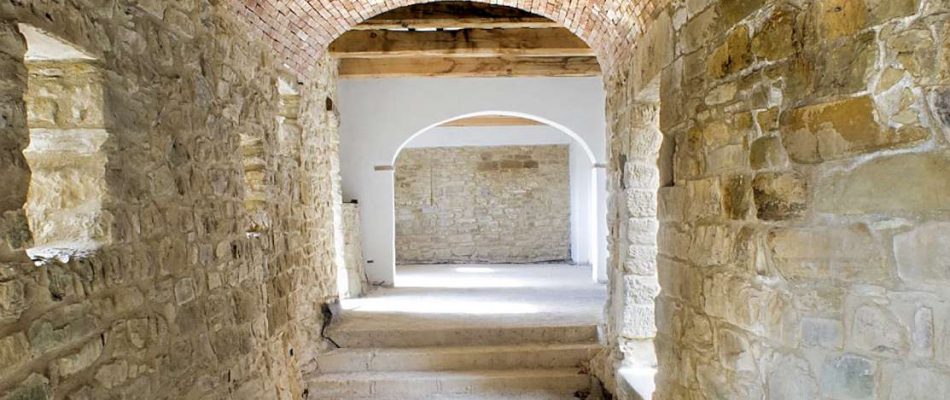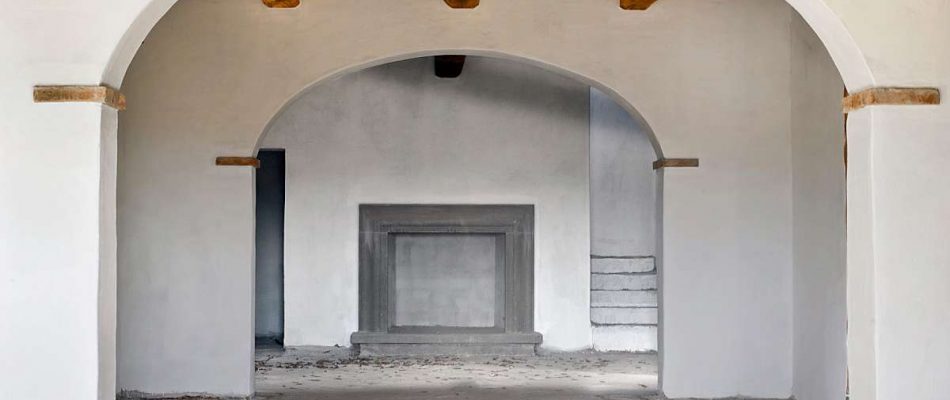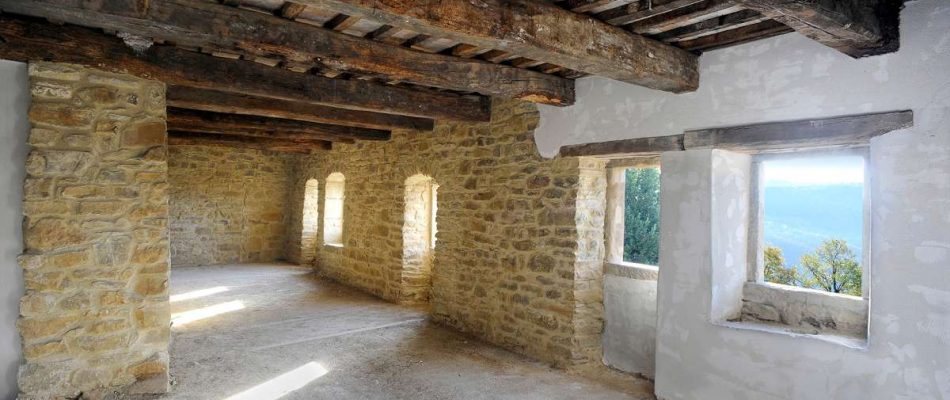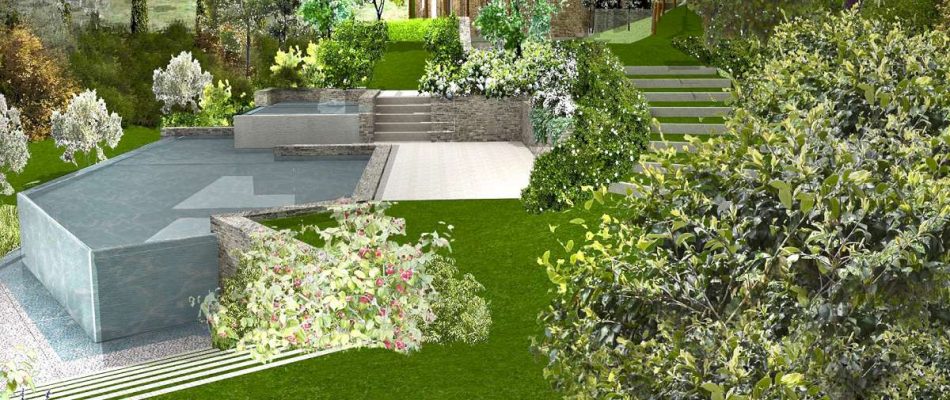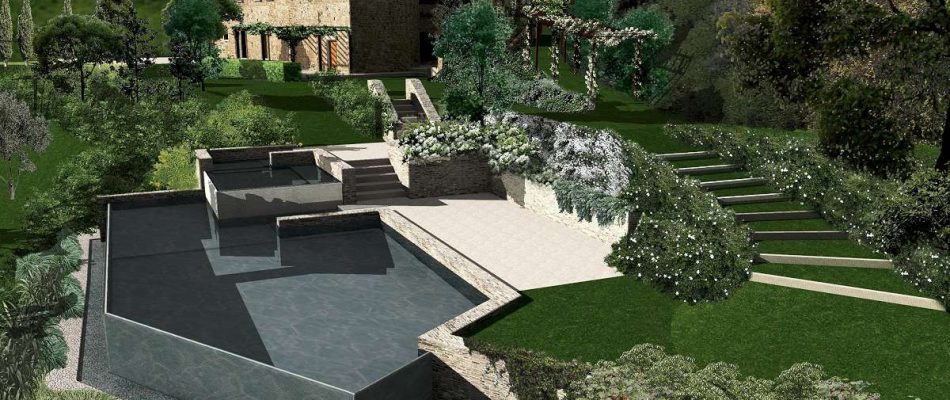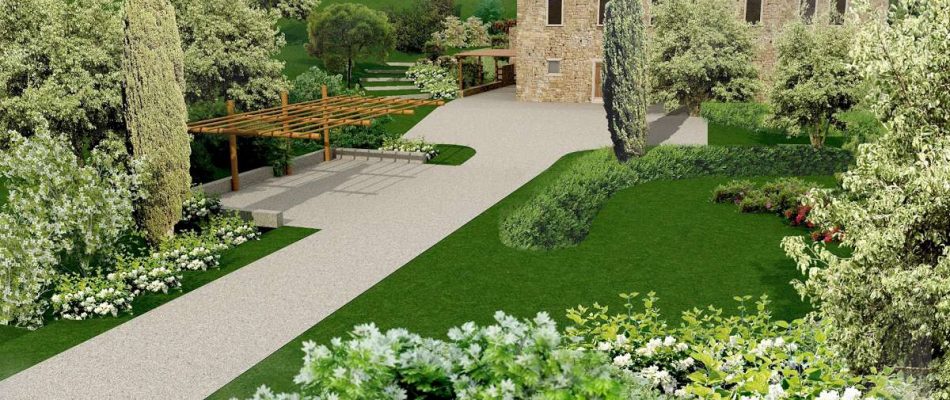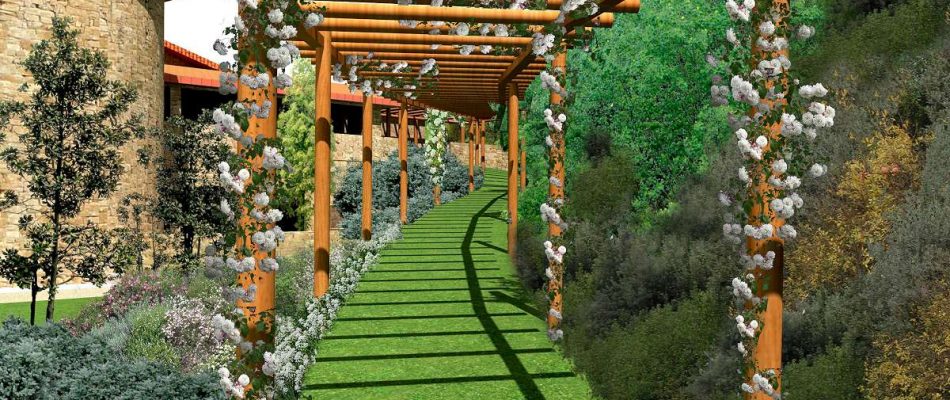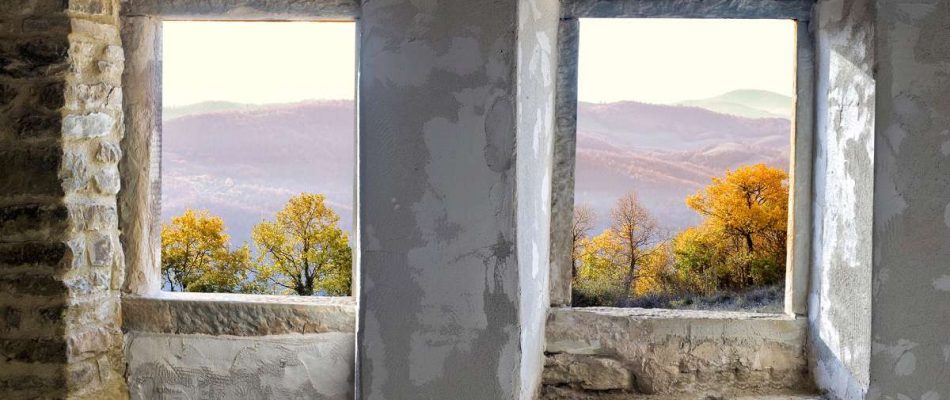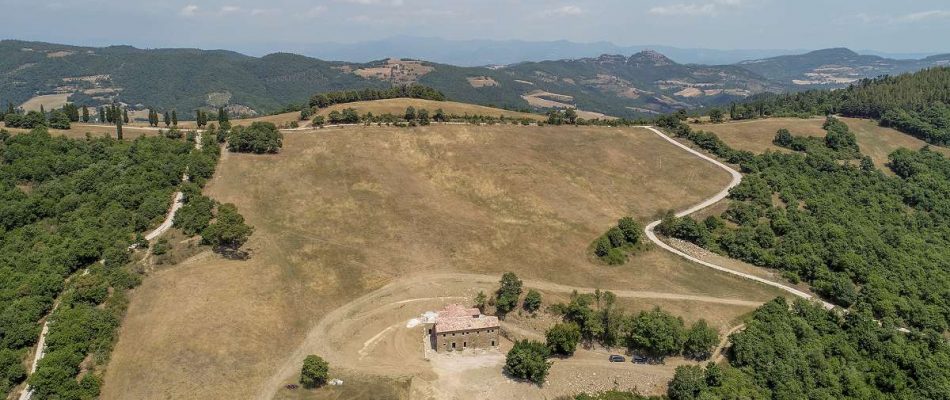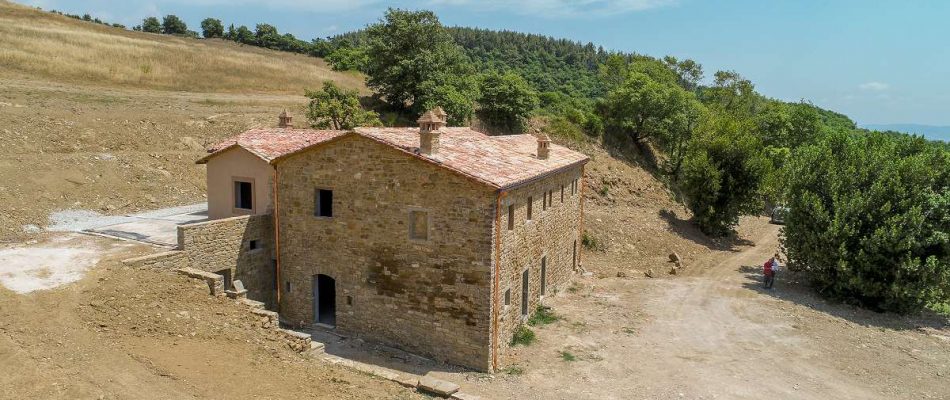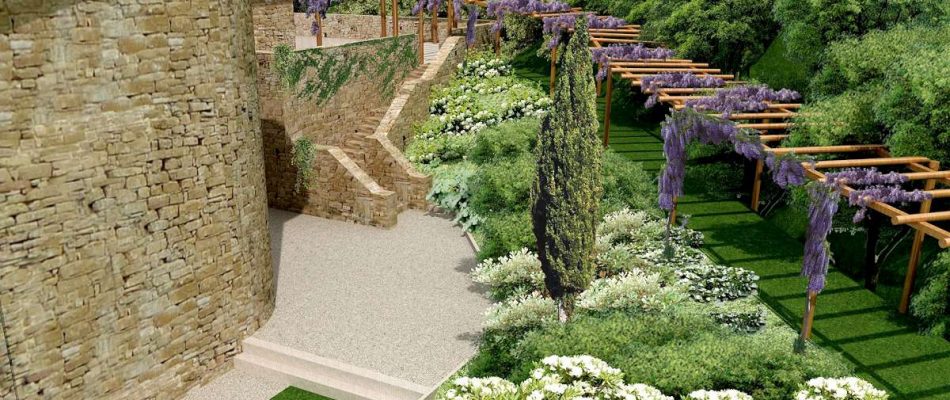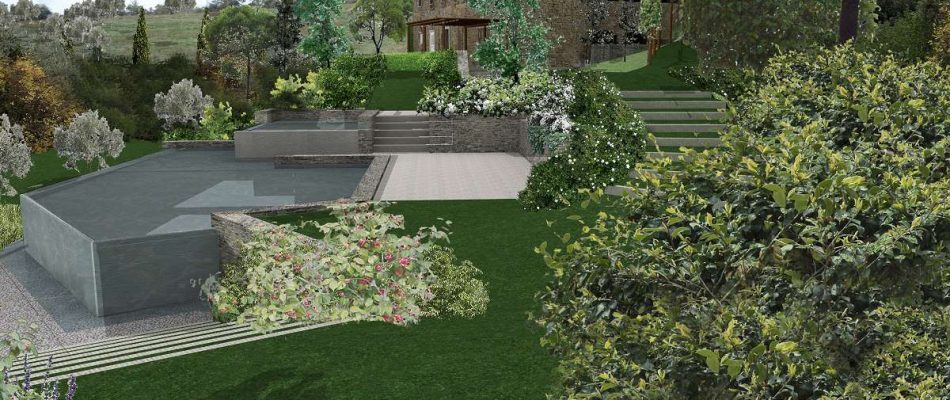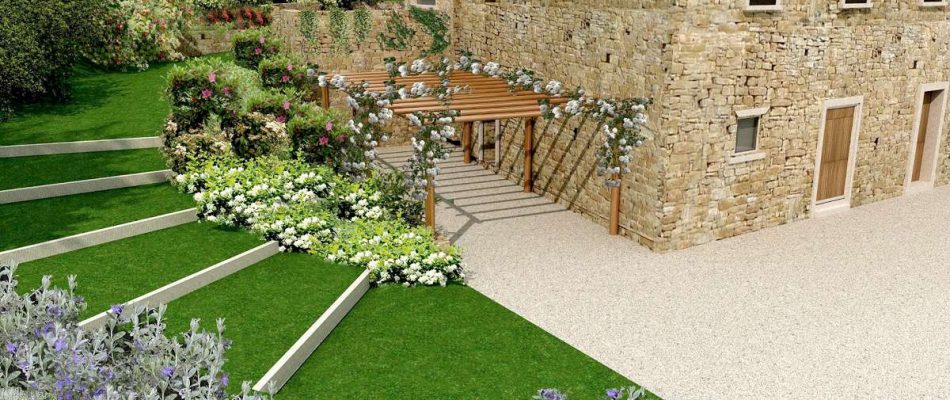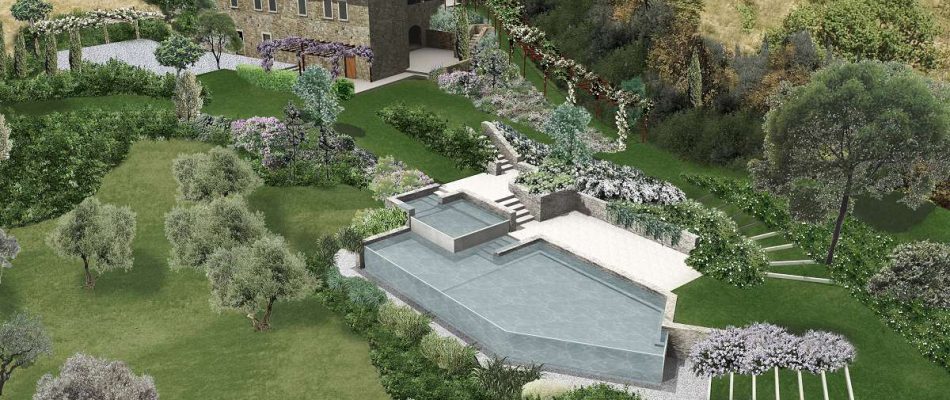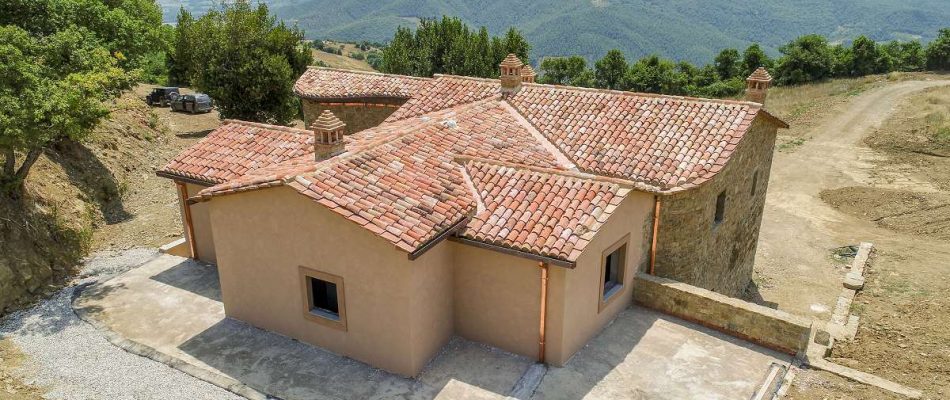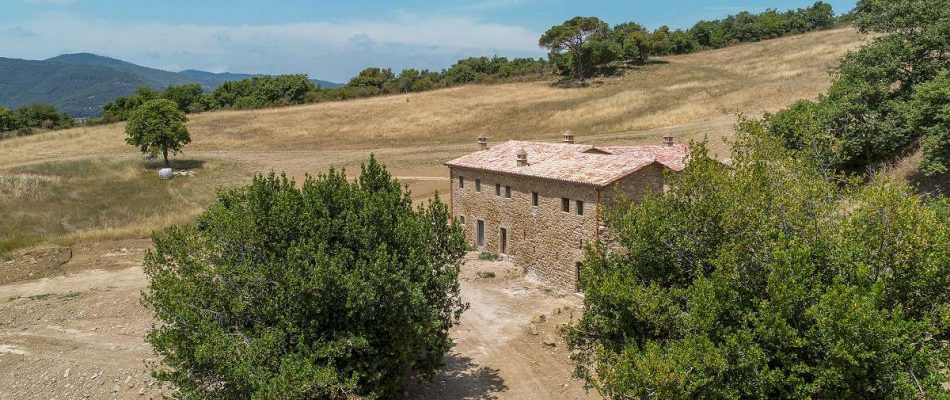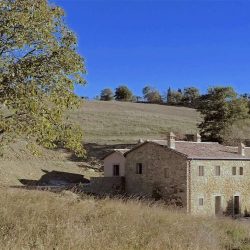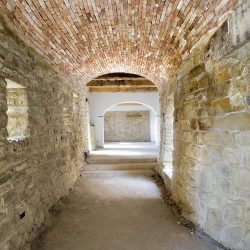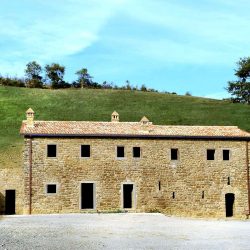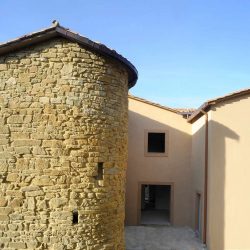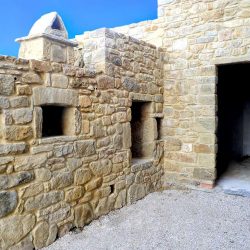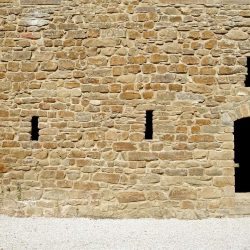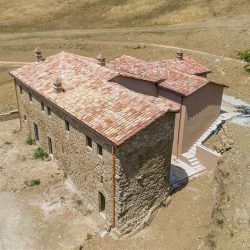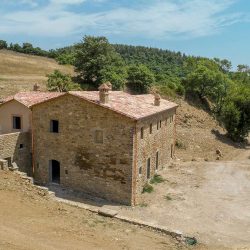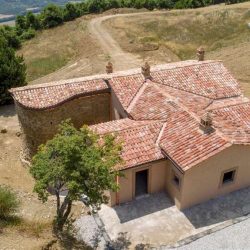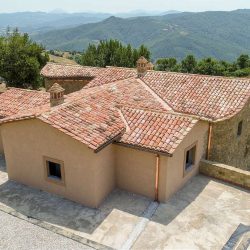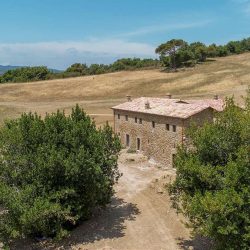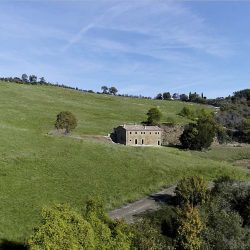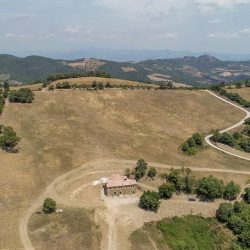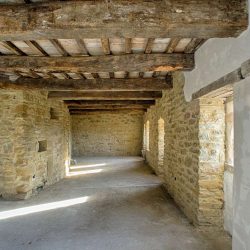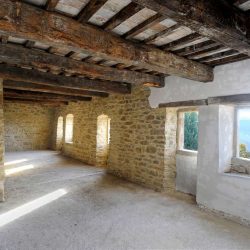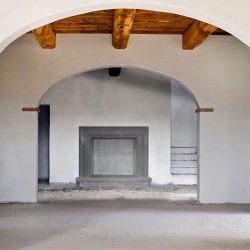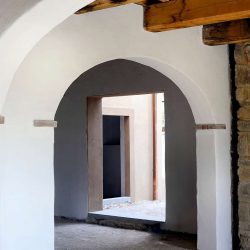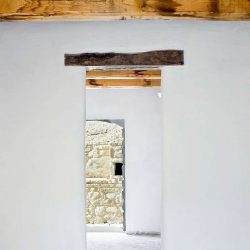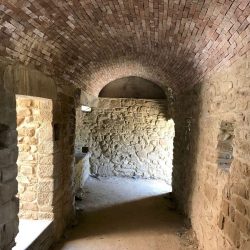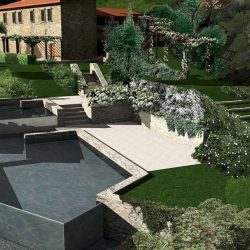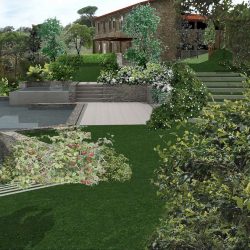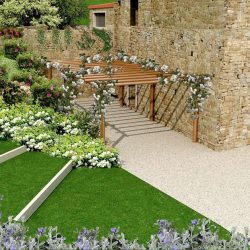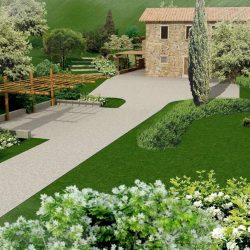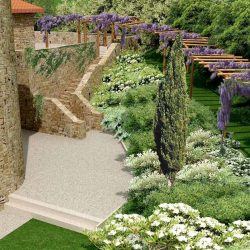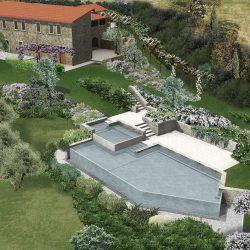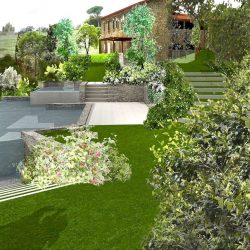ITALY, UMBRIA, PERUGIA, CITTA DI CASTELLO
Historic Farmhouse for Sale in Umbria
Country house to be completed with land and swimming pool for sale near Città di Castello, Perugia.
Still under construction, the 440 sqm property actually has a long history; in fact, during the medieval period, the farmhouse changed over time taking on different shapes: from an ancient medieval tower to a chapel and fortress.
The property, in its current state, is on two levels connected by an internal staircase and consists of 2 living rooms with large fireplaces, dining room, kitchen, study, 4 bedrooms, 6 bathrooms with further living room on the first floor with fireplace.
The master bedrooms on the upper floor enjoy a splendid view of the verdant panorama thanks to the numerous windows.
There is the possibility to build an annex of further 40 sqm to be used as a guest annex.
he property is surrounded by approx. 7.8 hectares (19.27 acres) of land already prepared for the construction of the garden and swimming pool according to the project of a well-known landscape architect, with an additional pergola to be used as parking for 5 cars.
The property has the typical characteristics of Umbrian style, such as the wonderful and ancient exposed wooden beams, large fireplaces and the stone exterior.
The attention in the choice of very high quality materials makes the property unique even if it has not yet been completed.
The completion of the building will take approx. 4 months and can be carried out by the current owner on the basis of a specific agreement, or independently by the buyer. The property enjoys excellent privacy and is well connected to the main services.
440 sqm on 2 storeys.
Ground Floor: Triple living room with fireplace, dining room, kitchen, pantry, laundry room, living room with fireplace, study/bedroom, bathroom, toilet, cellar.
First floor: Living room with fireplace, 4 bedrooms each with its own hallway, 4 bathrooms, closet.
Annex: Planning regulations here allow for an annex of 40 sqm to be built.
External Areas:
7.8 hectares (19.27 acres) of land already prepared for a garden and swimming pool designed by a well-known landscape architect.
Infinity pool (not yet constructed but in the project)
Parking + carport for 3 cars (not yet constructed but in the project)
Access: via gravel road of 1.5 km.
Condition: Farmhouse to be completed, with the renovation was carried out according to the most recent anti-seismic regulations; it has been completed to the rough cast stage but is complete with all plumbing and electrical fittings. The completion of the building will take approximately 4 months and can be carried out by the current owner on the basis of a specific agreement, or independently by the buyer.
Utilities:
Electricity, well, other utilities to be activated.
Distance from services:
5 km from Morra, 15 km from Città di Castello, 30 km from Cortona.
Distance from main airports:
Perugia 60 km, Florence 135 km Rome 250 km.
Energy Efficiency Class: To be defined upon completion of the property.
View all our properties on our website casatuscany.com.
